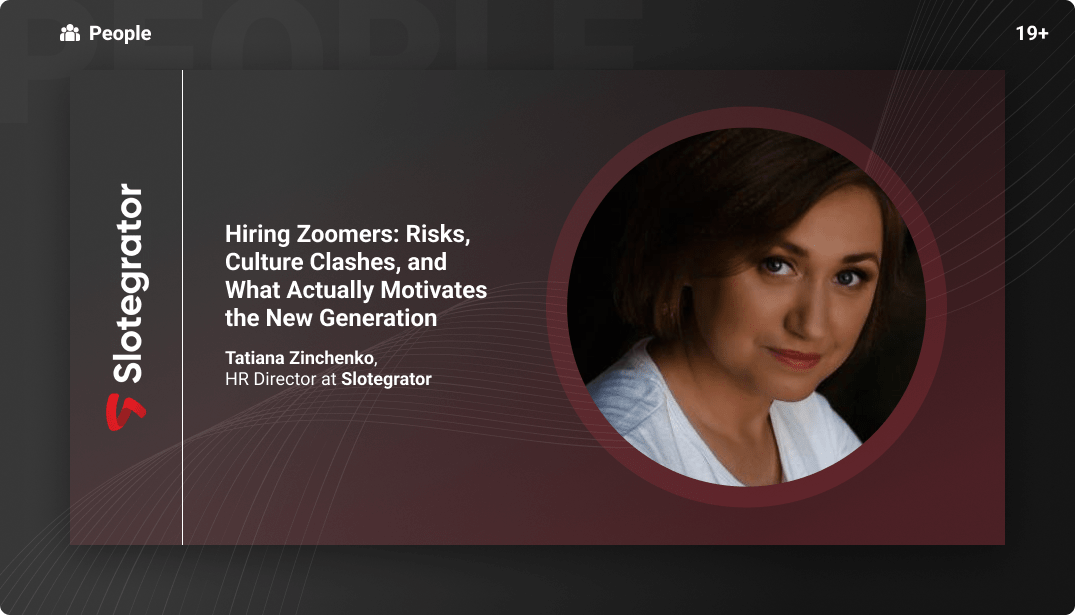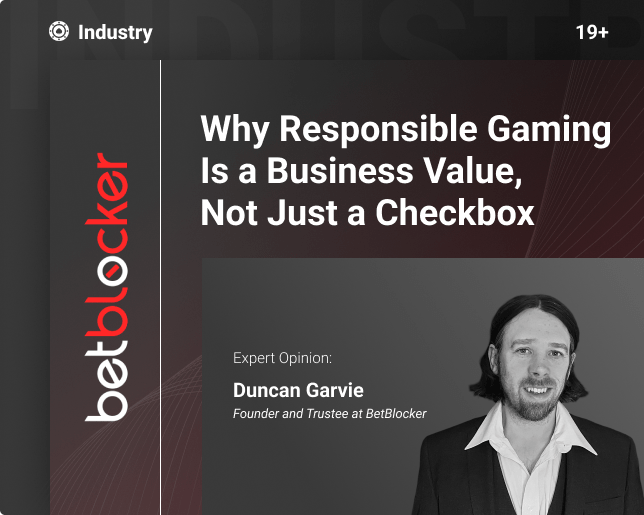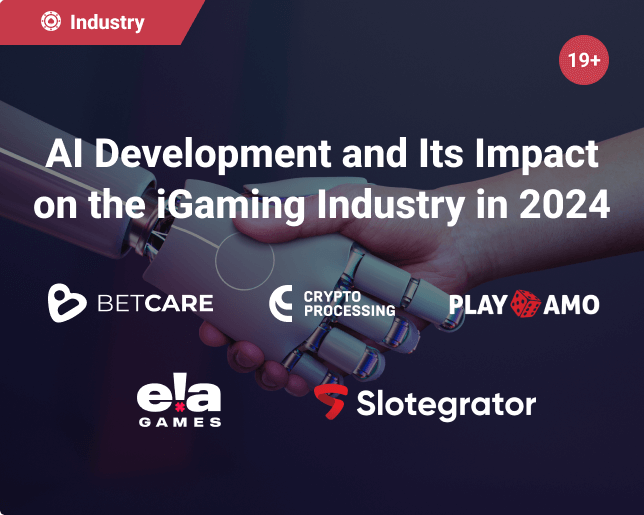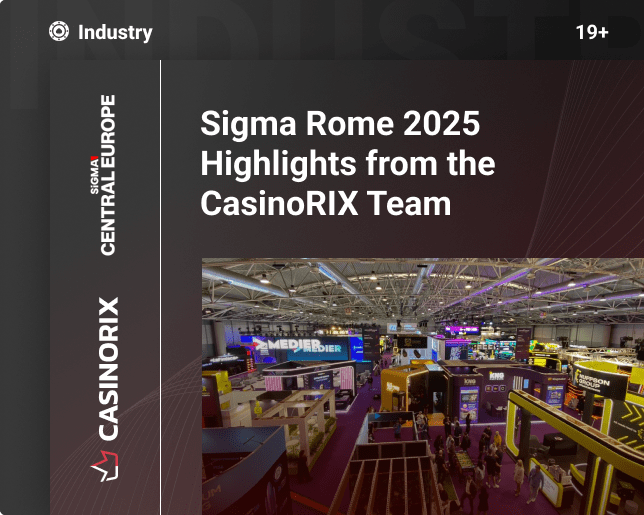
Hiring Zoomers: Risks, Culture Clashes, and What Actually Motivates the New Generation
By Tatiana Zinchenko, HR Director at Slotegrator
CasinoRIX’s note: This article is based on the personal experience and professional insights of Tatiana Zinchenko, HR Director at Slotegrator. Her reflections reveal how Generation Z is reshaping corporate culture, management practices, and motivation systems in the iGaming sector.
The Arrival of Generation Z
Zoomers have entered the labor market and everyone got worried. “They are not like us”, “they want too much”. Yes, they are not like us, this is practically the first generation that grew up not only in a digital world but also in families with conscious parents.
Since childhood, they have been surrounded by love and care from adults, used to making choices: “do you want yogurt or porridge for breakfast?”, “will you wear blue or grey pants to kindergarten?” They were spoken to openly about feelings, allowed to express emotions: “you got hurt, it hurts, now you can cry and I will hug you”, “now you are angry because the boy took your toy gun, let’s live through this together and think about what we can do”, and so on.
At the same time, they have been immersed in technology, social media, and digital communication since early childhood. In the iGaming industry, where digital dynamics, product experiments, and quick reactions to trends are the foundation of survival, the appearance of zoomers seems logical and even long-awaited.
The Paradox of Expectations
However, this is where the paradox arises. Companies used to working with millennials and representatives of generation X face a qualitatively different set of expectations, attitudes, and professional habits. Zoomers do not see themselves as part of a corporate hierarchy, they value not stability but the opportunity to be heard and to influence the final result. For them, work is a continuation of personal values, not just a source of income.
According to Deloitte research (2025), representatives of generation Z think about growth, but only 6% claim that their main career goal is to reach a managerial position. They focus on the balance between work and personal life. This is also confirmed by our experience of working with zoomers.
But they have plenty of ambition too. When asked about the main reasons for choosing a job with their current employer, training and development are among the top three, and at the same time, they want rapid growth. Many zoomers believe that their managers do not pay enough attention to key aspects of their development. They want managers to guide, inspire, and mentor them, to give them more recommendations and support, not just control the performance of daily tasks. And here we face a generation gap.
The Generation Gap in iGaming Teams
In iGaming, the environment itself is competitive and fast, so generational conflicts are especially sharp.
Zoomers do not tolerate formality, while Xs and Ys do not tolerate chaos. The first are used to instant feedback, the latter to a long-term planning cycle.
From personal experience, I realized that with generation Z, the principles of the Role Maturity Model fail. As is known, the Role Maturity Model distinguishes five levels of role maturity: child, teenager, young adult, adult, and elder, just like in life.
Role maturity is the ability (possession of characteristics, knowledge, and skills) and readiness (not just desire but concrete actions) to make decisions and take responsibility for them. The level of maturity does not depend on intelligence, gender, job title, or age. The level of maturity is the degree of awareness of the consequences of one’s actions and the determination to carry them out.
There is a clear algorithm on how to work with each level of maturity:
- Child: give a clear work system and understandable rules. Control task performance. Here, step-by-step detailed instructions are important.
- Teenager: work through mentorship and coaching.
- Young adult: you can only set a goal; they will choose the way to achieve it themselves.
- Adult: give the opportunity to independently search for and find ways to achieve goals.
- Elder: set the task clearly, like for a child, but wrap it in the form of asking for advice from a functional expert.
And this algorithm does not work with zoomers.
Why the Old Management Models Don’t Work
A clear work system, clear rules, regulations, control, and evaluation according to formal metrics are often perceived by them as bureaucracy, micromanagement, and as a signal of mistrust. But if you step back a bit and apply the management approach as with an “adult”, they do not ask questions, make mistakes, and as a result, miss deadlines and feel offended that they “tried so hard” but their work was not appreciated.
The usual incentives for older generations such as corporate insurance, team buildings, or free lunches do not compensate for the lack of meaning in work and flexibility.
Often, zoomers face the fact that their ideas are ignored, and their communication style is perceived as disrespect toward older colleagues. As a result, team conflicts arise: older employees think that “newcomers don’t want to work”, while young people think that “there’s no space for ideas in the company”.
Lessons Learned and New Approaches
It is worth noting that, of course, this does not apply to all zoomers, as with any rule, there are exceptions. I am only sharing my own experience of interacting with representatives of generation Z. My first experience of working with them was a personal challenge that I completely failed. Did it upset me? Yes. Did it stop me? No. Mistakes helped me look at the situation from a different angle, understand what needed to be changed, how to reconfigure processes and systems.
I had many conversations with generation Z to understand their thought process, to determine what is important and valuable to them (my daughter is part of this generation, so thanks to her and her friends for lifting the veil of mystery around zoomers), and I realized that the solution lies not in choosing one “right” model but in creating adaptive cultural bridges.
Practices That Actually Work
Work practices that have proven effective with employees from generation Z:
- two-way mentoring (reverse mentoring) when young specialists teach older ones digital tools, and they share management experience;
- adapting communication to the format of generation Z short syncs, visual briefs, quick feedback;
- involving zoomers in product discussions this creates a sense of involvement and reduces turnover risk;
- updating the EVP (Employee Value Proposition) with an emphasis on development, not just compensation.
Balanced teams where generations Z, Y, and X interact as equals become a competitive advantage for iGaming companies.
What Zoomers Really Bring to Business
Generation Z does not destroy the system, it forces it to renew itself. These employees demand honesty, transparency, and flexibility, and that is what makes organizations more alive.
The main task of HR directors and top managers today is to create a culture of mutual learning and trust, where
- zoomers feel that their contribution matters,
- older generations maintain expert status,
- processes become more flexible without losing manageability.
IGaming, like IT in general, develops at the intersection of technology and creativity. This means that the future of the industry does not depend on who is right, the “older” or the “younger”, but on how successfully companies can unite their energy and experience into one team.
The iGaming industry, into which more and more zoomers are entering, requires flexibility, but corporate structures often remain hierarchical. As a result, there is high turnover, quick burnout, and difficulties in adapting young specialists in teams dominated by older employees.
What HR Should Measure and Adapt
To understand how generation Z really influences business, we should ask ourselves several key questions:
- Is there a measurable difference in retention, productivity, or turnover among generation Z employees?While conducting analytics, I noticed that the retention rates of zoomers are lower in the first 12 months, but with proper adaptation and mentoring, they stabilize.
- How to motivate them: with salary, flexibility, career growth, recognition, or culture? Priority number one is the sense of meaning in work, flexibility, recognition, and material incentives.
- How do zoomers influence team dynamics and productivity? Their presence often increases innovativeness but also raises the level of confrontation when leadership is weak. The best results are shown by teams whose leaders develop facilitation and mentoring skills.
Modern iGaming companies are gradually adapting recruitment to the expectations of generation Z. The most successful strategies include
- flexible work format remote, hybrid, the ability to manage one’s own schedule,
- meaningful tasks projects where real effects are visible, not just formal KPIs,
- technological processes modern stack, transparent communication, quick iterations,
- honest branding zoomers instantly sense falseness, promises without real implementation lead to a sharp drop in loyalty.
Final Thought
And yes, most likely, you should not expect that a zoomer will stay with you forever. When you decide to hire a candidate from generation Z, you definitely get an employee who generates many unexpected ideas, who can bring unconventional approaches to work using AI technologies, but you also accept the risk that in a year or a year and a half you will open the vacancy again, because the zoomer will most likely move to another company, where everything will again be new, interesting, and not boring.
Other news:
London Welcomes ICE 2024, Gaming Titans
The International Casino Exhibition (ICE) is getting ready for its big show in 2024, and all eyes are on ExCeL London. ICE 2024 is projected to be the industry's most prominent networking, business, and educational ev...
Expert Opinion: Why Responsible Gaming Is a Business Value, Not Just a Checkbox
Duncan Garvie, Founder of BetBlocker, discusses why responsible gaming has become crucial for player trust, regulatory compliance, and sustainable business growth in online gambling.
AI Development and Its Impact on the iGaming Industry in 2024
Artificial intelligence (AI) technology has changed the workplace in many industries. The skills required in a job have dramatically changed.
Highlights from SiGMA Rome 2025
The CasinoRIX team attended SiGMA Rome 2025, an event that gathered over 30,000 industry professionals. The conference delivered key insights on rising competition, unstable PPC performance, major SEO shifts, and upco...




